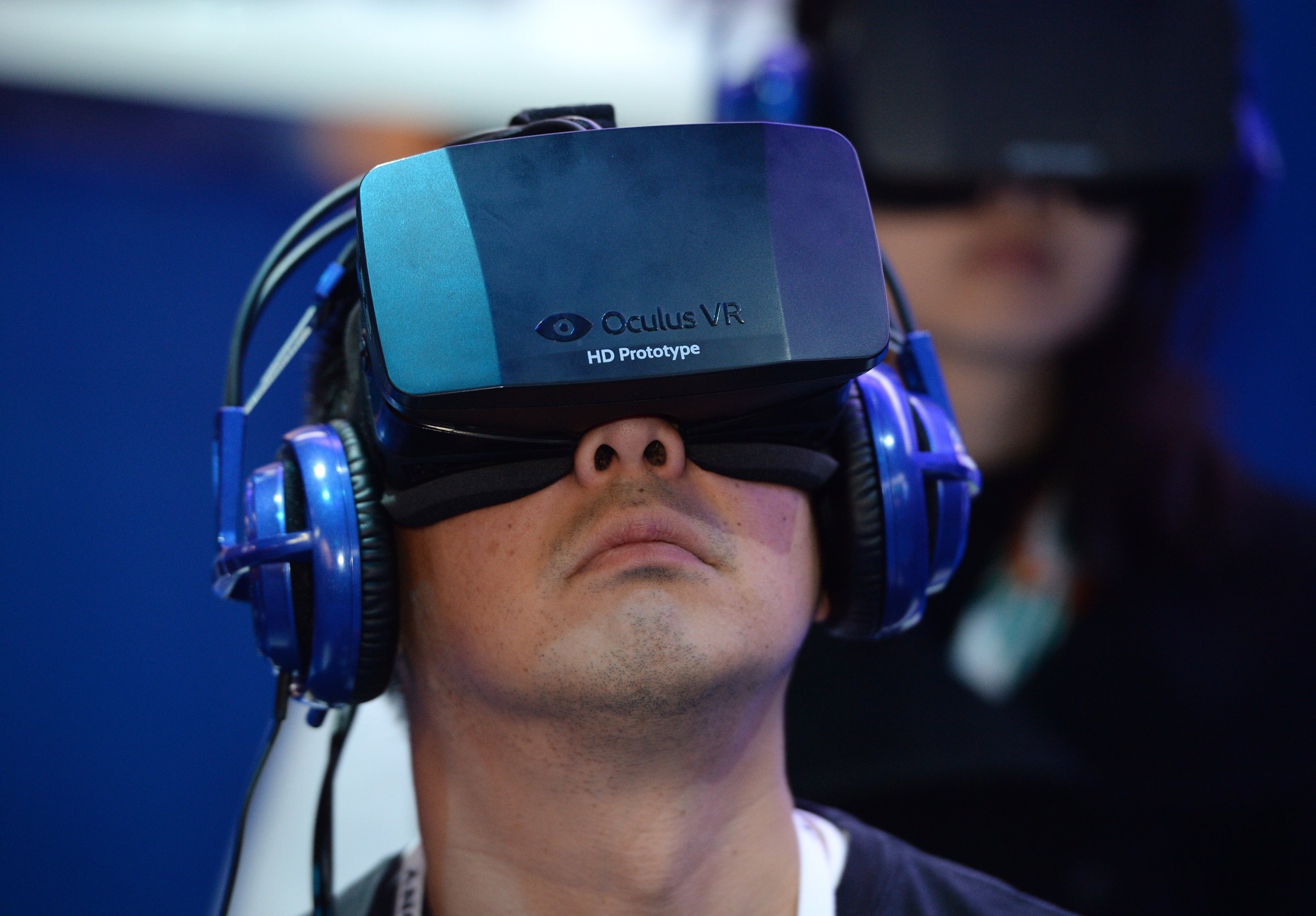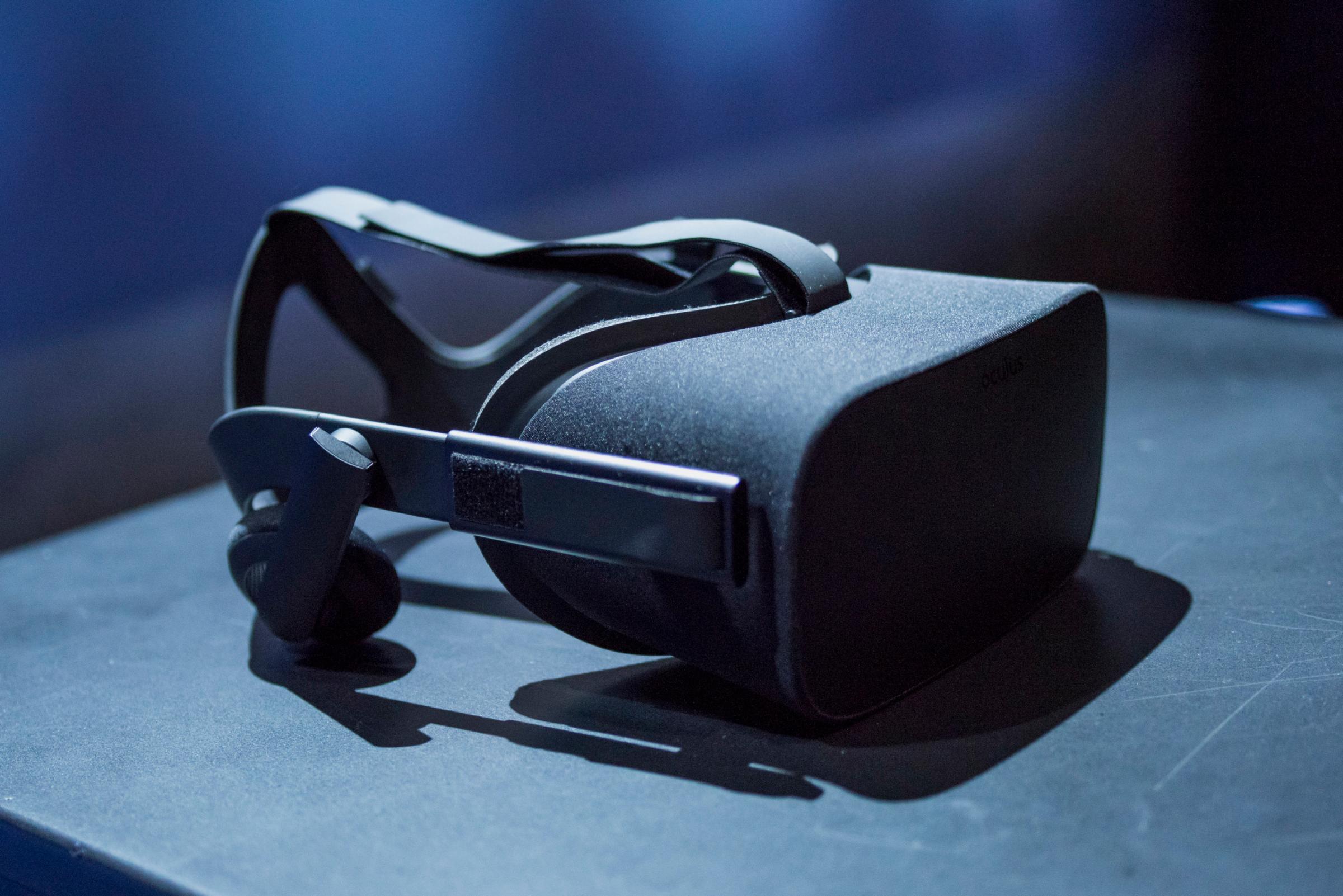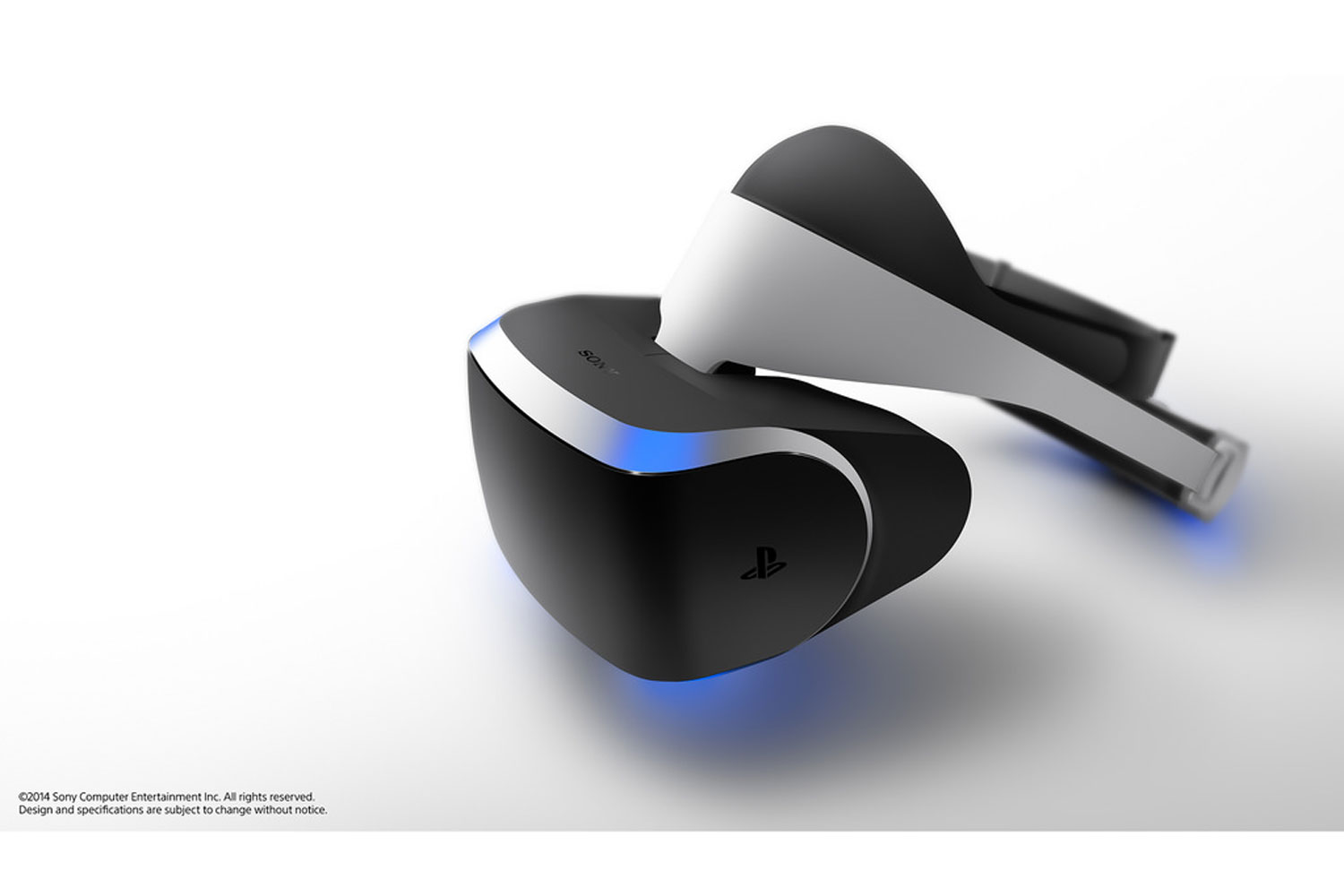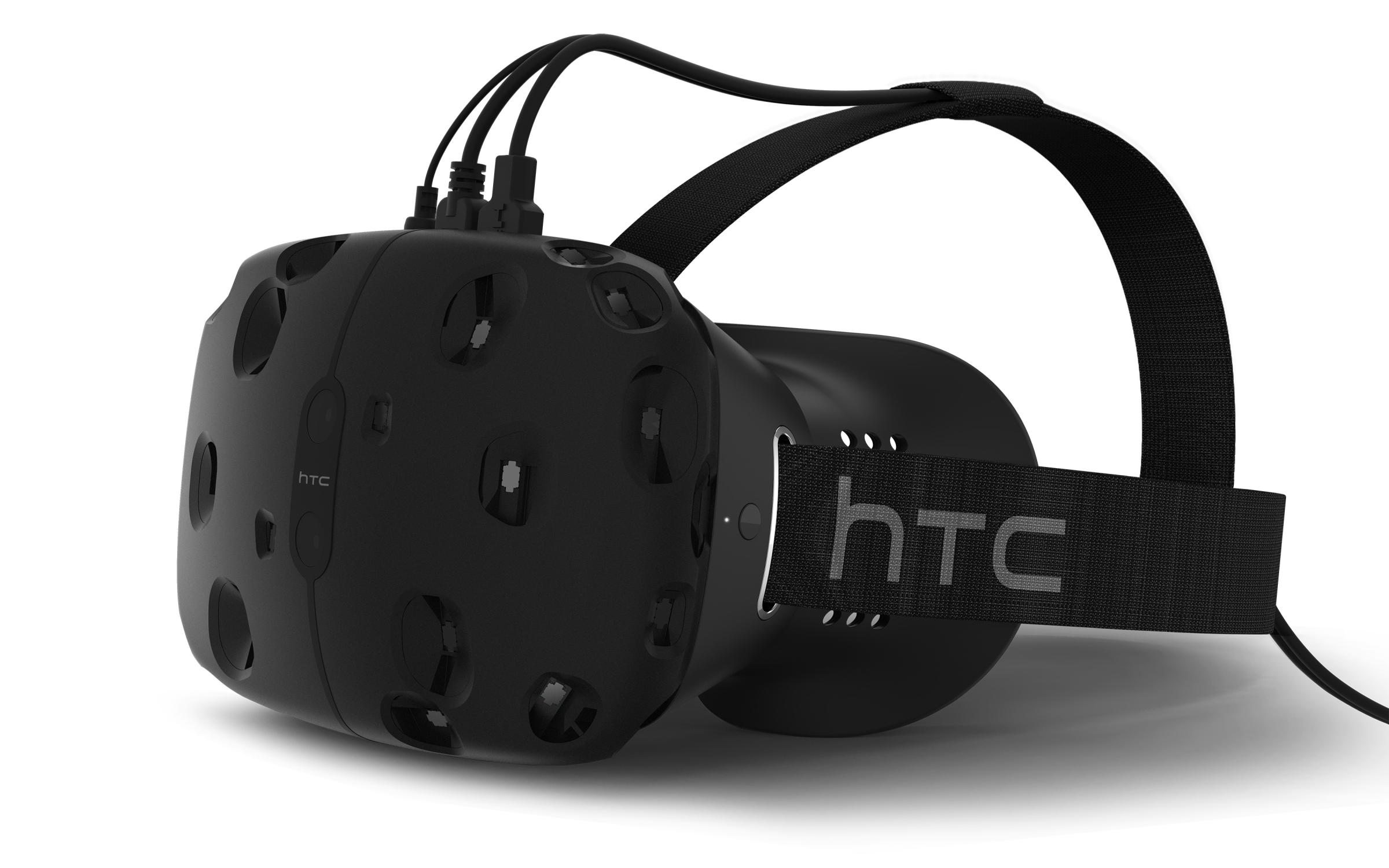
What do you need to crunch the code that will drive the virtual reality headsets invading this year? Tablet? Tricked-out laptop? Nitrogen-cooled desktop? Suitcase nuclear reactor?
Here’s what VR’s prime players have divulged so far. I’ve limited the list to the folks making headsets that plug into computers or game consoles, not the lower-end, frankly not all that interesting rash of cheap goggles you can slip a smartphone into.

Oculus Rift – $1,600
The most recognizable virtual reality headset — partly because it caught the media’s eye when Doom creator John Carmack got involved, partly because Facebook made it impossible for the world not to notice when it shoveled out $2 billion to buy parent Oculus VR. The Oculus Rift is VR’s bellwether: how well (or poorly) it does will indelibly shape the dialogue we’ll be having about virtual reality for years to come.
Oculus just put the Rift up for pre-order Wednesday morning. It’ll set you back a cool $600 (that includes the headset, sensor, remote, cables, Xbox One gamepad and two games) and ships in “March 2016.” Here’s the sort of PC the company says you’ll need to have, minimally, for “the full Rift experience.”
Graphics chipset / video card
NVIDIA GTX 970 / AMD 290 equivalent or greater
CPU
Intel i5-4590 equivalent or greater
Memory
8GB (or more) of RAM
Video Output
Compatible HDMI 1.3 video output
USB Ports
3x USB 3.0 ports plus 1x USB 2.0 port
Operating System
Windows 7 SP1 64 bit or newer
For a prebuilt PC, you’re looking at $900 to $1,000. The cost is possibly lower if you build one yourself. So with the Rift, your total outlay is going to be in the vicinity of $1,600.

Sony PlayStation VR – $400 + TBD
Sony’s PlayStation VR headset (once “Project Morpheus”) couldn’t be simpler: it needs a PlayStation 4. That’s it. So if you already own one, you’re set. Sony is doubtless banking on the fact that (A) nearly 36 million people worldwide already have PlayStation 4 systems, and (B) early VR adoption will be driven by gaming enthusiasts. That’s the PlayStation 4’s core demographic.
We still don’t know how much PlayStation VR headset’s going to cost. Sony has said it’ll run as much as a new gaming platform. That probably means $300 to $400, putting the full package in the $700 to $800 range. Sony’s said it hopes to ship PlayStation VR sometime during the first half of 2016.

HTC Vive – TBD
HTC Vive is the only one of the bunch without recommended specifications. But HTC and Valve’s virtual reality headset is similar to the Oculus Rift, thus my guesstimate–since like the Rift, it’s a PC-driven experience–that it’ll wind up with similar PC specs and pricing (that is, $1,500-ish all in).
What we do know is what it’ll take to run space sim Elite: Dangerous on the HTC Vive. Here’s what studio Frontier Developments currently lists:
Graphics chipset / video card
Nvidia GTX 980 with 4GB or better
CPU
Intel Core i7-3770K Quad Core CPU or better / AMD FX 4350 Quad Core CPU or better
Memory
16 GB RAM
Hard Drive
8 GB available space
Operating System
Windows 7/8/10 64-bit
At this point, the consumer version of the HTC Vive is due sometime in April 2016.
Before you go, it’s worth noting that graphics processing company Nvidia issued a kind of warning earlier this week, claiming that virtual reality games require seven times the power of a “normal” game. Bear in mind Nvidia wants people to sell you GPUs, so waiting for reviews and performance benchmarks is essential to vet that claim. But if it’s not scaremongering and you’re hoping to skate by with something less than a GTX 970 or AMD 290, brace for further VR sticker shock.
More Must-Reads from TIME
- Inside Elon Musk’s War on Washington
- Meet the 2025 Women of the Year
- The Harsh Truth About Disability Inclusion
- Why Do More Young Adults Have Cancer?
- Colman Domingo Leads With Radical Love
- How to Get Better at Doing Things Alone
- Cecily Strong on Goober the Clown
- Column: The Rise of America’s Broligarchy
Write to Matt Peckham at matt.peckham@time.com